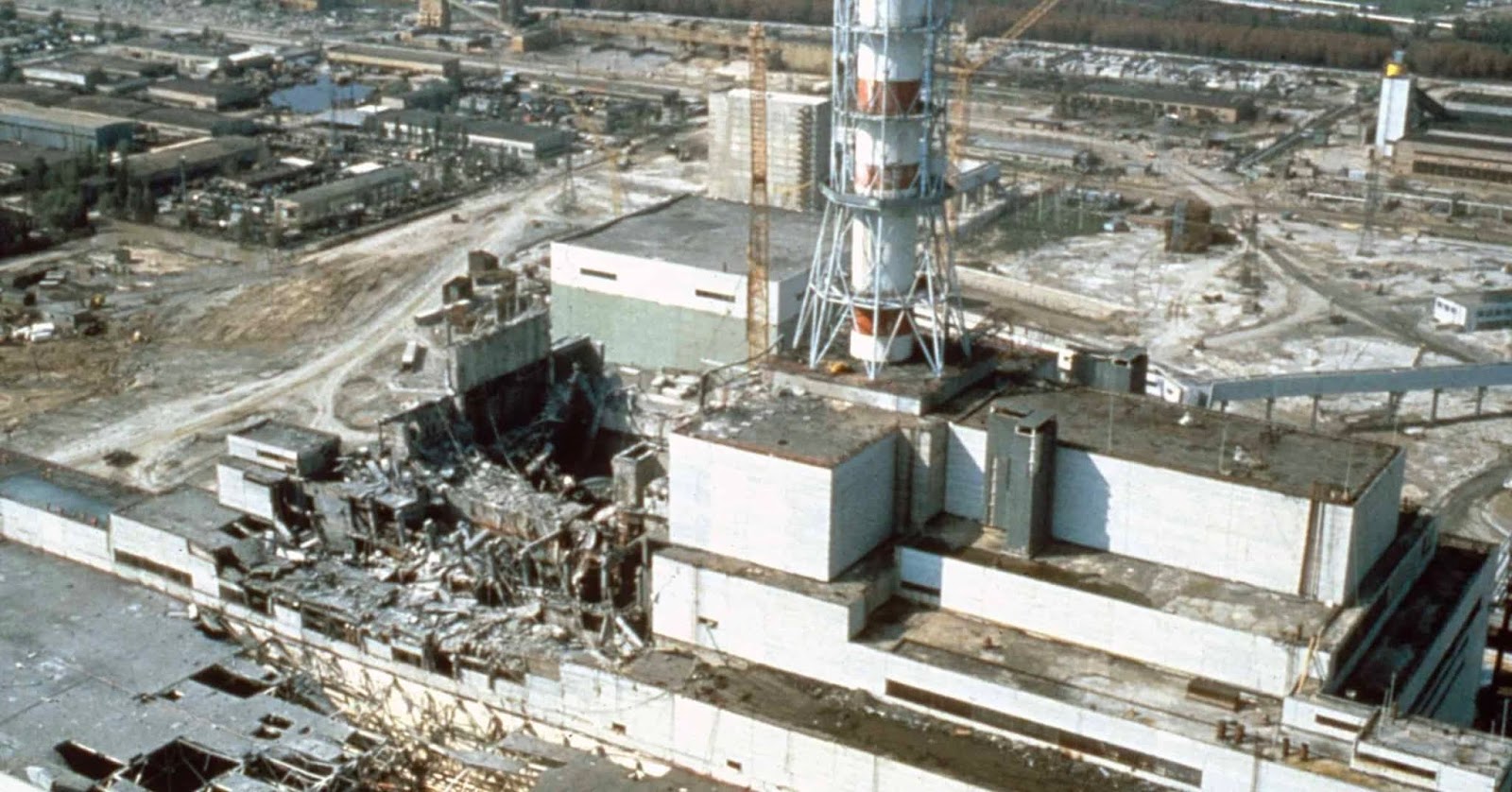
Watch "Chernobyl" I was WhatsApp'd. So I did.
It's all about filling the vacuum. I'm hazy about the facts. That in 1986, the Germans detected radiation that was too high in Sweden before the Russians came clean. The delays and modulations created by the apparatchiks of the Russian bureaucracy.
That a single reactor could potentially have wiped out most of Europe. With a historical perspective, this was ten years ahead of Three Mile Island, right on the edge of Europe.
Chernobyl showed the explosive melt-down of a reactor core. spraying graphite and nuclear dust into the atmosphere. Even the water glowed with ionisation with the extreme fusion let loose.
The series is based upon Alexievich’s book about Chernobyl, published in Russian more than ten years after one of the reactors at the Chernobyl power plant exploded.

The Russian hierarchical authorities do much to protect their reputation and to present "nothing to see here, move along" narratives both to the populous and to the media.
It's a dark tale, shot as workers struggle through contaminated water in a building burning with an irradiated haze. For television story-telling, some of the main actors have been compressed into single personalities. The physicist represents all physicists involved, some of the politicians represent the wider state. The firefighter and his family that are zoomed in upon becomes a proxy for many.
There's a kind of levelling irony that the series shows. After a Shakespearean rallying call, we see the politician Zharkov later being herded onto the same evacuation bus as everyone else.
There's a power gradient. It's downwards. "Do what I say or I'll have that soldier shoot you," exemplifies the state control and the compliance of many to the sometimes apparently irrational commands issued from central briefs, ill-informed to make decisions. Caricature, I know, for effect.
Like the device that was the use of the voice of reason scientists to state the way things would actually play. That was against the "cut the phone lines and no-one leaves" of authority. Seldom did the white-uniformed operations guys get to the grey suits. And when they did they were foaming at the mouth or projectile vomiting.
Confront the power with truth. The physicist explains to the politician, but “Yes, I worked in a shoe factory. And now I’m in charge.” comes the riposte, "have some vodka." It is L. Frank Baum territory but you have to look for the tin man, straw man and lion here. "Contain the spread of misinformation. That is how we keep the people from undermining the fruits of their own labour." The yellow brick road must be followed. Brick by graphite brick. The Central Committee prevails, justice must be blind.
And blind also the scientists that are represented by the Emily Watson character, Khomyuk. She has the omniscience of a showrunner, instantly working out that it is all too radioactive when the window is opened. It's signalling, of course; she is the brains that will face off to Gorbachov.
Then we get to it. The slope of power. The quest for promotion. Many are on this slippery pole and a few misbehave in ways that lead to the terrible outcome that Chernobyl represents.
It should really be a lesson - the cost of truth against the cost of lies? But current times suggest this isn't even on the radar.
1 comment:
I thoroughly enjoyed Chernobyl (despite having the duck our of the room for most of one particular episode... I just didn't want to see that happening... I'm sure you can guess which one). It's the scariest thing I've seen in a while (especially because you know if happened!).
Post a Comment